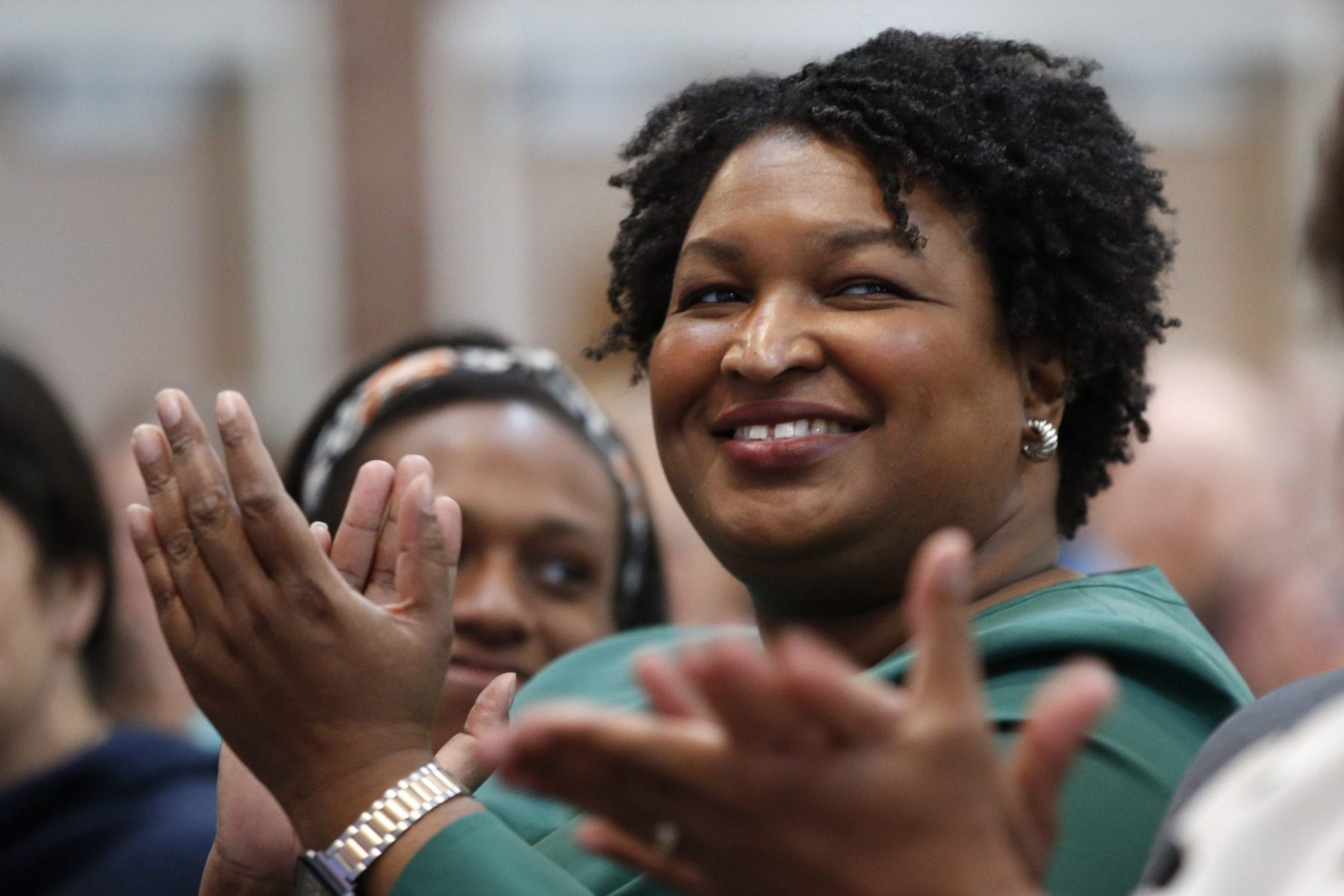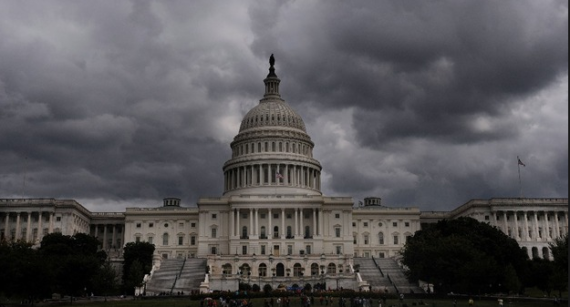
Listen HERE
How can we save democracy from white nationalism and right-wing authoritarianism? Steve Phillips argues we need to organize and turn out the millions of non-voters – people of color and young people – with a long-term, data-based strategy. Steve’s new book is “How We Win the Civil War: Securing a Multiracial Democracy and Ending White Supremacy for Good.”
Also: a story about Black landownership, starting in Piney Woods, North Carolina, one of the oldest examples of uninterrupted land ownership by Black people in the US, going back to before the Civil War. Cameron Oglesby has that report. 11-3-2022








